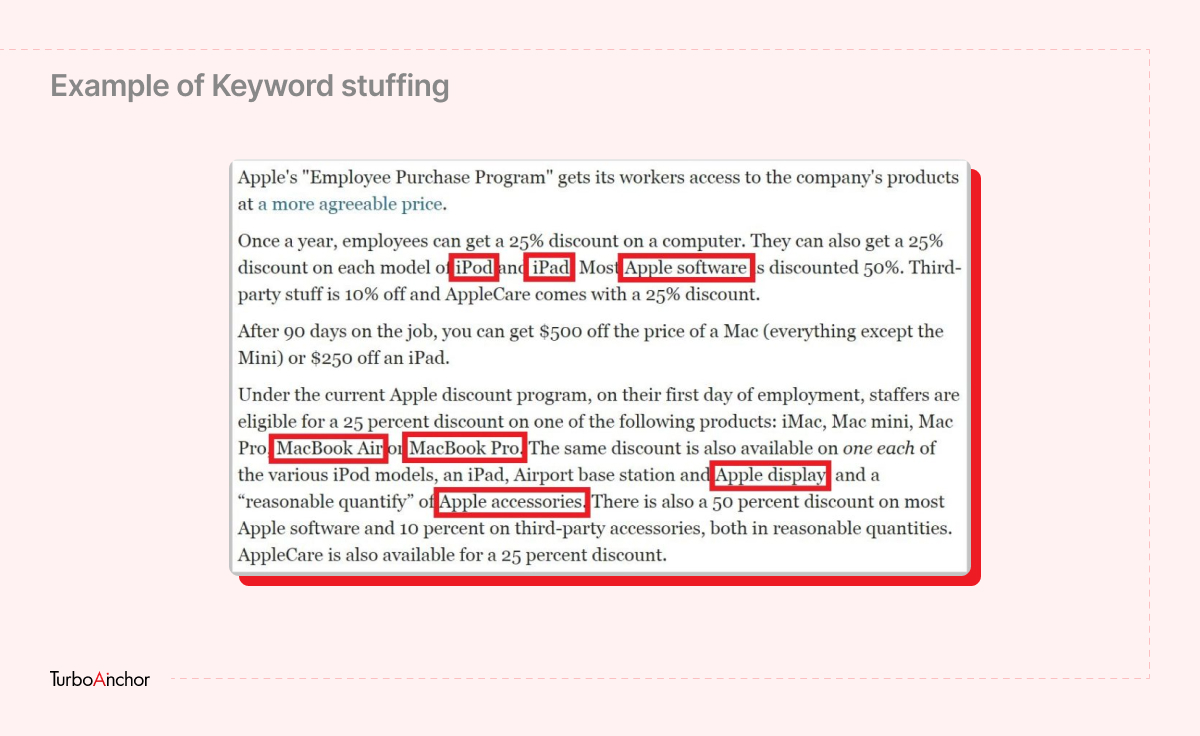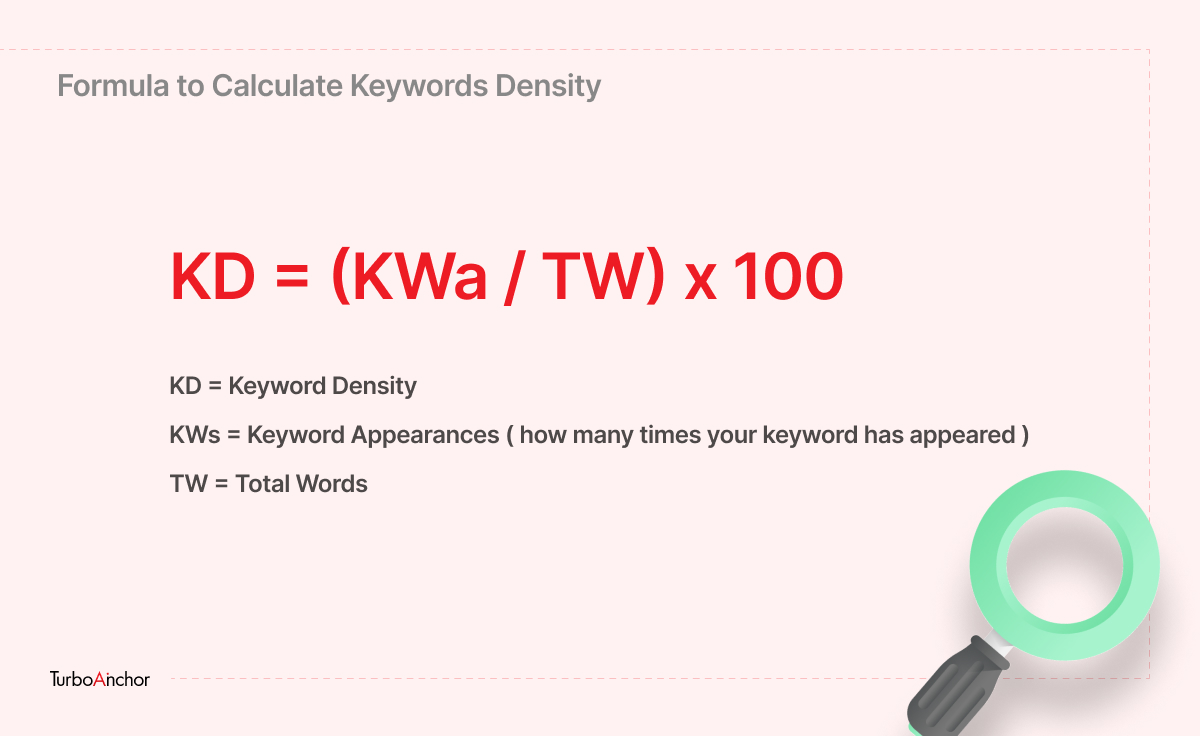Understanding Keyword Density & How It Affects SEO
Posted on: August 16, 2022 3:32 PM
By Ali, Having 13 years experience in the IT & Servicing Industry. A.I Lover, Startup Enthusiast, IoT Implementor, and Blockchain Follower.
Posted on: August 16, 2022 3:32 PM
DIGITAL MARKETING > SEO
Before we get started with the keyword density, it’s a good idea to get a little know-how about what keywords are first.
Keywords are words and phrases people type into search engines to search for something online. In other words, keywords act as a channel to connect your website with the intended audience.
For example, if you were looking to buy a new blazer, you might type something like “men’s casual blazers” into Google. Even though that phrase consists of more than one word, it’s still a keyword.
Read More: What are keywords & how to do effective keyword research?
Therefore when you go for an SEO strategy, you’ll get to know that keywords are an essential part of your campaign. Keep an eye on your keyword density as you integrate keywords on your page to avoid overusing your key terms. That could negatively affect your search engine rankings. Keyword density is vital in helping your pages rank properly in the search results.
Table of Contents
ToggleKeyword density usually suggests how a (searched term) focus keyphrase appears in a text concerning the total number of words it contains. For example: if a keyword appears two times in a 100-word text, the keyword density would be 2%. [1]
In order to help your page rank properly in the search engine results, keyword density is essential whether you are adding a new page to your site or writing a blog post. To achieve a successful ranking, you should monitor keyword density, also called keyword frequency, to ensure you’re not overusing a keyword.
As we are aware of the fact that keywords act as a building block to your content, going overboard & stuffing keywords without concern is just not a solution to rank higher.

Keyword stuffing is the practice of flooding a page with keywords repeatedly in the website content to improve that page’s ranking on search engines like Google and Bing.
Following is an example of Keyword stuffing,

For example, a home appliance e-store is looking to get a web page quickly ranked high for the search term ‘best vacuum cleaner’.
It’s not that much rocket science that you might be wondering. You’ll calculate the ratio percentage of the keyword to your overall word count. All you have to do to calculate keyword density is, follow this formula:

You can determine keyword density by dividing the total number of words on your page by the number of times your keyword appears on the page. You can turn this ratio into a percentage (%) by multiplying (×) your result by 100.
When it comes to calculating keyword density, you want to know its good ratio for the page. There are no precise rules for keyword density. Many SEOs recommend using approximately 1-2 keywords for every 100 words of copy. Optimal keyword density differs from page to page, phrase to phrase. Experts have mixed opinions, some say 0.5% & 0.8%. But it is suggested by most that you stay below 3%. [2]
The best advice on this topic can be considered as follows,
Following are some methods you can follow to improve your Google keyword density,
Following are some tools that you can use to measure your keyword density,
The higher the keyword density, the more likely the whole page is about that topic. Therefore, paying attention to keyword density is still vital for SEO. The key is not to use the term as often as possible but to consider the context of the copy.
It is generally recommended to include your primary keyword every 100-150 words. So if you’re writing a 1000-word article, inserting the primary keyword around 7-10 times would be appropriate.
It’s been observed that most SEO professionals agree that a keyword should not appear more than once per 200 words of copy. Therefore, a given keyword should not appear more than once for every 200 words of copy on a webpage.
Up till now, you have been well aware of keyword density, which plays a vital role in SEO. So if you want to rank in the search results, you must balance the integration of your keywords to ensure you’re using them frequently. Optimizing your keyword density will help your pages rank higher and drive more valuable traffic to your site.
Also Read:
References:
[1] Keyword Density – searchmetrics
[2] What is the ideal keyword density? – WebFX